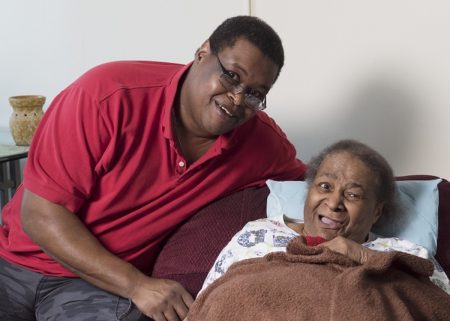Do you have your affairs in order?
If you said, “No” you’re likely one of the majority.
But what if something happens to you?
How do you want to be cared for?
The Conversation Project (TCP) reminds us to take time on April 16th for National Healthcare Decisions Day, a day to be inspired, educated, and empowered to engage in advance-care planning. Furthermore, TCP urges healthcare providers to “encourage patients to express their wishes regarding healthcare” and providers and facilities must “respect those wishes….”
National Healthcare Decisions Day — April 16
This year, April 16 falls on a Saturday. Use this day to initiate (or continue) discussions with your family about your healthcare wishes. It’s even better if each of you discuss your wishes. While this is a U.S.-based initiative, it applies to people around the globe. Consider your healthcare wishes following an adverse health incident.
When we slow down the fast pace of living to consider our needs, each of us has unique desires for care. Once you take time to read through an advance healthcare directive form, you realize, you’ll need to have the conversation to ensure decisions made about your healthcare are appropriate for you.
After all, it’s the little things, that can make a big difference in our recovery. Consider this Speech-Language Pathologist’s experiences with residents in a skilled nursing home. During COVID lockdown family members could not visit their loved. Instead of feeling forgotten, they were engaged thanks to Mashed potatoes, Mozart, and McDonald’s: A health care provider’s tips for caregivers
If you haven’t started, begin.
If you haven’t finished, take one more step forward.
If you’re nearly finished, great!
What are you waiting for?
Review your documents.
Make the necessary revisions.
Sign.
Distribute accordingly.

What’s involved?
The Conversation Project’s Get Started page includes clickable links to each of the key steps. Each link among the topics below opens to a page with workbooks and guides in English, English-audio, Spanish, and Chinese.
- Start a conversation
- Choose a health care proxy
- Be a health care proxy
- Talk to my health care team about my end-of-life care
- Talk about the care I want for my serious illness
- Help the person I care for with Alzheimer’s or Dementia
- Talk with my child living with serious illness
- Be prepared in the time of COVID-19
The Conversation Project’s website also includes Frequently Asked Questions.
Are You a Solo Ager?
Much of health-care directives focus on people with spouses, children and/or other family members who can help.
What if you’re alone? You have no spouse, no children, nor do you have cousins, nieces, nephews, or other family members who are available to advocate for you and serve as your healthcare proxy in a case you fall ill.
Your choice is to rely on others. Willing friends can serve as your advocate with the help of professionals.
Here is an article that will help: Three Ideas for Solo Agers to Keep in Mind
Also read: Caregivers and Advance Health Directives
The Conversation Project is an initiative of the Institute for Healthcare Improvement, a not-for-profit organization that is a leader in health and health care improvement worldwide.








